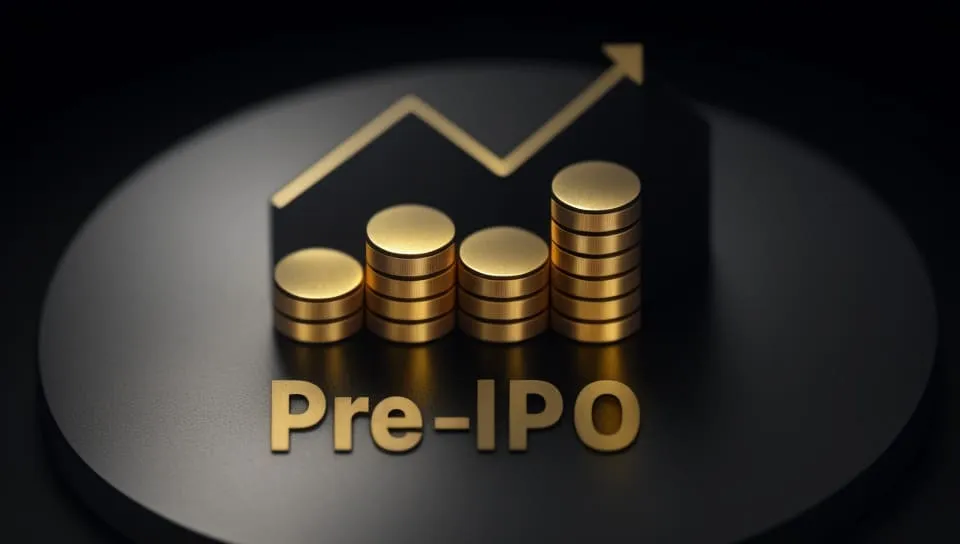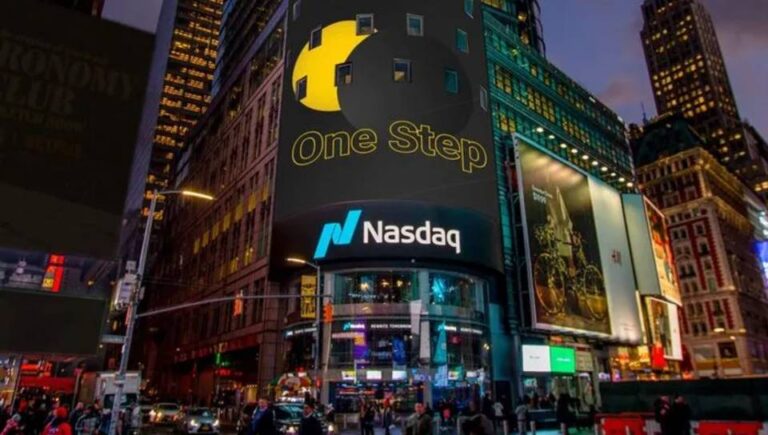How to invest in growing companies before going public?
The term IPO is familiar to many investors. And not only for investors. Initial public offerings of companies on the stock exchange became really popular in 2019-2021, when almost any placement of shares brought tens and sometimes hundreds of percent of profit on the first day of trading.
These success stories were widely covered in the media, and a real “IPO fever” began among investors. The demand for participation in the placements was so high that not all applications were satisfied. And those investors who managed to get an allocation received only a share of the bid.
CIPO everything is clear. This is a fairly well-known investment tool. But what about the Pre-IPO? Not everyone knows about him. But this is a way of investing with potentially even higher returns than an IPO.
To show it more clearly with examples:
The shares of the Snowflake IT company, which could be bought for $15-$20 on the Pre-IPO, rose to $250 on the first day of trading on the stock exchange. By the way, one of Snowflake’s investors is Berkshire Hathaway (Warren Buffett Fund).
And after 4 months, these shares rose to $429 apiece.
And this is far from an isolated case. For example, DoorDash shares, which could be bought for about $50 at the Pre-IPO, were already worth $182 apiece at the IPO.
And the very next month, the price reached $256.09 per share.
As you have already understood, Pre-IPOs are investments in private companies before they become public. And unlike participating in an IPO, when investors receive shares on the day of placement on the stock exchange, in a Pre-IPO you can buy a part of the company even before its listing.
These are real venture investments. Direct purchase of the company’s securities even before it goes on the stock exchange.
Venture investments for most people are associated with investing a lot of capital in startups from investment funds or large private investors at very early stages.
Many traders think that we are talking about “garage startups”, well, or companies at very early stages of development.
In fact, when we talk about Pre-IPO,:
Firstly, we mean already established companies that have already successfully conducted several rounds of financing and are already approaching their entry into the stock exchange.
Analytical agencies that select the most promising private companies to offer to investors sift startups through a number of strict criteria of sustainability and investment attractiveness.
Agree that this is already a much safer investment than startups at the idea level.
- Secondly, modern financial technologies have made venture investments in private companies available to all users of popular trading platforms. And then we will tell you how you can invest in the best private companies even before they go on the stock exchange.
Right now, among the most interesting Pre-IPO companies are SpaceX, Revolut, Club house and many other famous names.
What are the advantages of investing in a Pre-IPO?
Low competition. IPO is a tool known to almost every investor. The popularity of the IPO is so high that investors may not receive a full allocation of the application. And get only a part of the shares. Only because demand exceeds supply.
But Pre-IPO has no such feature. You can purchase any number of shares of a private company. Many investors simply do not know how to invest outside the exchange. And even before, this tool was only available to investors with large capital.
Potentially very high yield. At the beginning of the article, we have already shown several examples. And you’ve probably heard about the high returns of participation in the IPO. Tens and even hundreds of percent profit on the first day of trading. Now imagine that this stock could have been bought even cheaper at the Pre-IPO.
The IPO procedure itself is to attract investments through the sale of shares. And you bought the papers before that. Before the capitalization of the company increases on the day of listing.
- There is no lock-up period, like shares bought during an IPO. The securities purchased under the initial placement application cannot be sold within a certain period (usually 3 months). This is a measure that protects companies from collapses and speculation in the first months of trading. Pre-IPO companies have no such restrictions. You can sell the paper as simply as you bought it.
Why then do so few people use this tool? If it is so profitable
- Firstly, as it was already written above, the market of private companies until recently was simply inaccessible to investors without large capital. Ordinary private investors and traders simply could not participate in the trading of shares of a private company. Venture investments were the privilege of a “closed club” of large funds and professionals.
- Secondly, there is no wide information field around Pre-IPO investments (yet). Like, for example, around IPOs or around public companies. A large mass of private investors knows only about standard exchange instruments.
Modern technologies make Pre-IPO available to a wide range of investors
Real venture investments are now available to investors and traders through popular brokers. Now you can also participate in stock trading at the Pre-IPO stage.
- You don’t need large capital to invest. You can buy shares of Pre-IPO companies with convenient lots and even small amounts.
- Access to a large number of Pre-IPO companies. We have selected for you the shares of many interesting businesses that may soon go IPO. You can choose those whose success you believe in more.
In addition to the already mentioned SpaceX, Revolut and Club house, you can invest in Bitpay, Kraken, Clarna, Thrasio right now. These are world-famous companies that are just preparing for their IPO. But you can buy some of the shares now.
- Convenient terminal. Transactions can be concluded in a convenient and simple interface.
How to make money on Pre-IPO companies?
In fact, you don’t even have to wait for an IPO to multiply the capital invested in the shares of a private company.
Before the IPO, the business also attracts additional money. Through so-called investment rounds. The company is developing step by step. New venture investors are added at each round, which means that the company’s price (capitalization) increases. The following rounds are usually distinguished:
- Pre-seed — investment at the idea stage
- Seed — investments at the launch stage
- Round A — growth and scaling of the finished product
- Round B — growth and scaling of an already successful company
- Round C, D, E, etc. Subsequent letters indicate only the sequence of rounds.
- Pre-IPO
So, at each of these rounds, new investors are added, increasing the overall price of the company.
It’s easier to show by example. Globo, a well-known food delivery service, attracted $450 million during its last round (F) of investments. Prior to that, the company was valued at about $455 million. Capitalization has increased by 2 times in just 1 round of investments. This means that the price of each individual stock has also doubled.
Larger and well-known companies, such as SpaceX, hold such rounds for hundreds of millions of dollars several times a year.

SpaceX financial rounds in 2021-2022
When you invest in a private company, you partially become its owner. And each additional inflow of capital brings profit, including to you, due to the revaluation of the value of the company, and hence your share.
Venture investments are no longer a tool that is available only to large investors and funds. Now you can also claim high profitability by investing money in a business even before it goes on the stock exchange.
Modern technologies make private traders 1 step closer to professional investments. Try to invest in shares of Pre-IPO companies! Become a part of the world of venture investments – the most advanced area of financial markets. This option is already available in your terminal.



